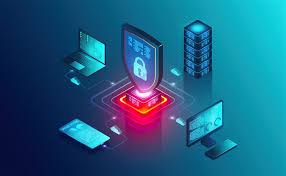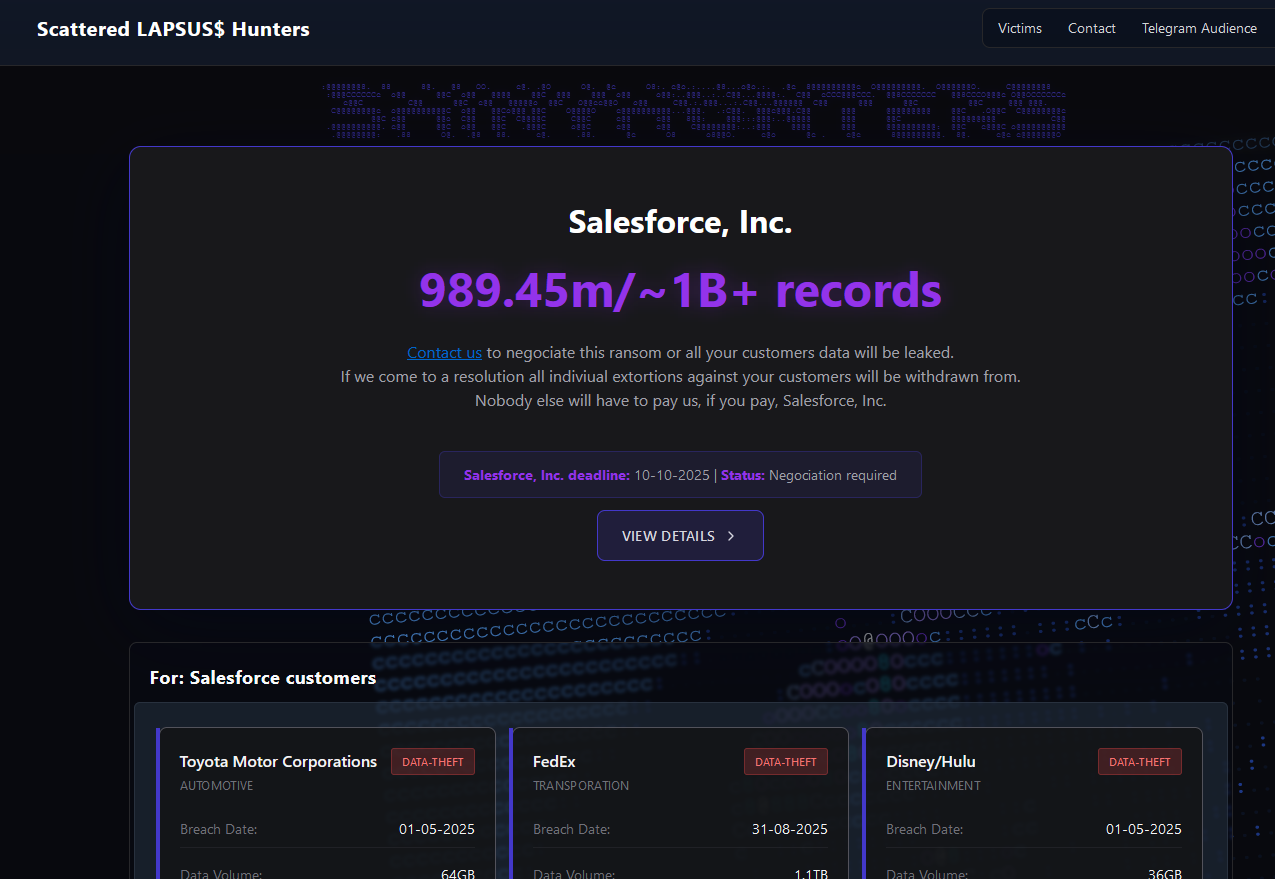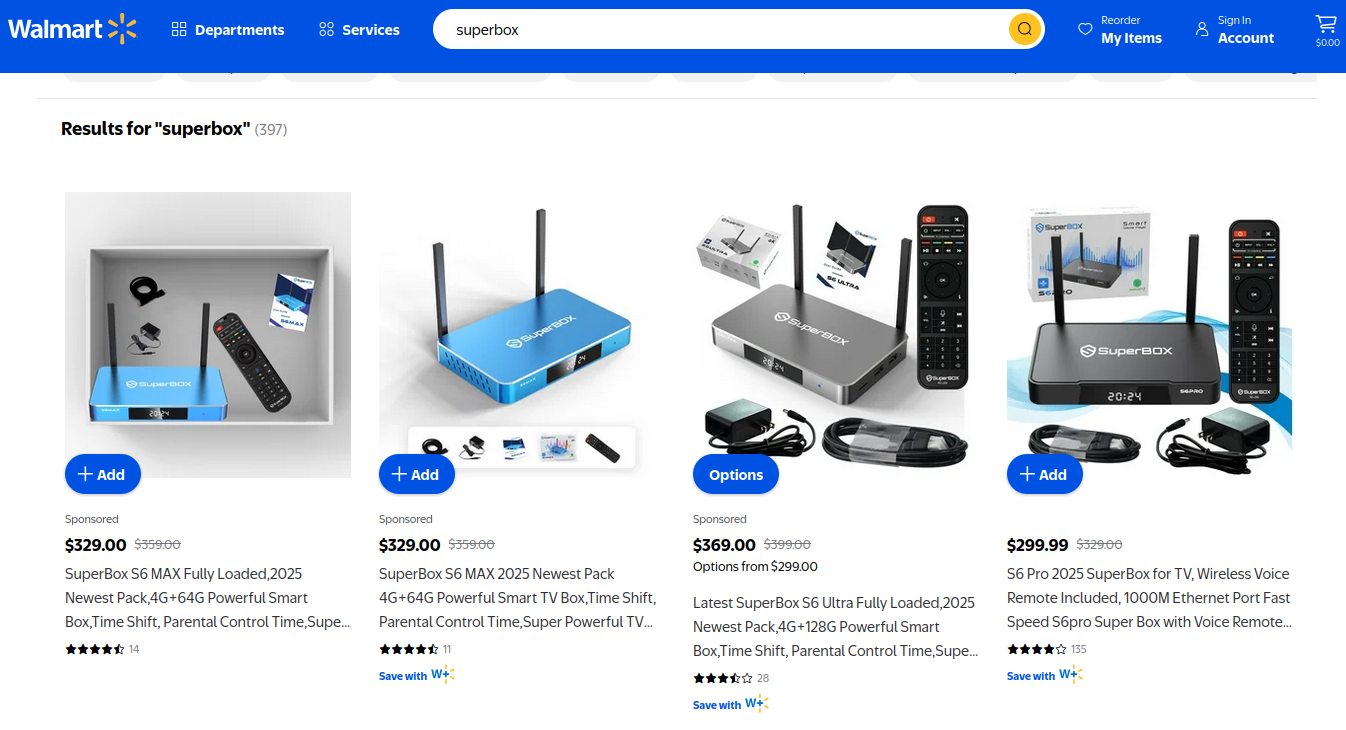In today’s connected world, everything from our personal photos to billion-dollar business data is stored online. We use the internet for banking, shopping, working, studying, and even for our health records. But with all this convenience comes a serious risk—cyber threats. That’s where cybersecurity comes in.
Cybersecurity is no longer optional—it’s a necessity. Let’s explore why we need cybersecurity and how it protects every part of our digital lives.
1. Our Lives Are Digital Now
Think about how much of your life is online:
- Bank accounts and financial apps
- Email and social media profiles
- Cloud storage for photos and documents
- Online shopping and digital wallets
- Smart home devices and IoT gadgets
Without cybersecurity, all of these things are vulnerable to hacking, theft, and misuse. Protecting your digital identity is just as important as locking your front door.
2. Cybercrime Is on the Rise
Cybercrime is growing faster than ever. Every day, hackers:
- Steal personal data
- Launch ransomware attacks
- Spread fake news and misinformation
- Hack into systems and shut down operations
According to cybersecurity experts, a cyberattack happens every 39 seconds, and damages from cybercrime are expected to exceed $10 trillion annually by 2025.
Cybersecurity is the first line of defense against these attacks.
3. Businesses Need Protection
Companies large and small rely on data to run their business. A single data breach can:
- Expose customer information
- Cause millions in losses
- Ruin a company’s reputation
- Lead to legal trouble and lawsuits
Cybersecurity ensures that businesses can operate safely, build customer trust, and protect sensitive data like trade secrets, financial info, and employee records.
4. National Security Depends on It
Cybersecurity is also about protecting countries. Governments and military systems are constant targets of:
- Cyber espionage
- Infrastructure attacks (e.g., power grids, water systems)
- Election interference
Cyberattacks can now cause real-world damage, like shutting down hospitals or transportation systems. That’s why cybersecurity is a key part of national defense.
5. Remote Work and Cloud Computing
Since the pandemic, remote work has become the norm for millions. But working from home means:
- More people accessing company systems from personal devices
- More cloud-based tools being used
- More vulnerabilities in Wi-Fi networks and apps
Cybersecurity helps protect remote workers from phishing emails, unauthorized access, and insecure software.
6. Protecting Personal Privacy
With AI, data mining, and online tracking, our personal information is constantly being collected. Without cybersecurity:
- Your location, habits, and interests can be tracked
- Your emails, messages, and calls can be exposed
- Your identity can be stolen
Cybersecurity helps guard our digital privacy and freedom. It gives people control over who can access their information and how it’s used.
7. Education and Awareness
Many cyberattacks succeed because people are not aware of threats. Clicking a suspicious link or using a weak password can lead to disaster.
Cybersecurity includes training and awareness, teaching people how to:
- Recognize phishing attempts
- Use strong passwords
- Secure their devices
- Avoid risky websites and apps
This makes every user a human firewall against cyber threats.
8. Future Technologies Need Protection
As we move into the era of:
- Artificial Intelligence (AI)
- Smart homes and cities
- 5G networks
- Autonomous vehicles
- Blockchain and digital currencies
…the need for cybersecurity becomes even more urgent. These technologies can be game-changing—but only if they are secure and trusted.
Conclusion: Cybersecurity Is a Shared Responsibility
Cybersecurity is not just the job of IT professionals or big tech companies. It’s something everyone needs to care about—from individuals and families to businesses and governments.
We need cybersecurity to:
✅ Protect our data
✅ Defend our privacy
✅ Keep businesses running
✅ Safeguard national infrastructure
✅ Enable the safe growth of technology
In a world where everything is connected, cybersecurity protects what matters most. It keeps us safe in the digital age—and helps us move forward without fear.



